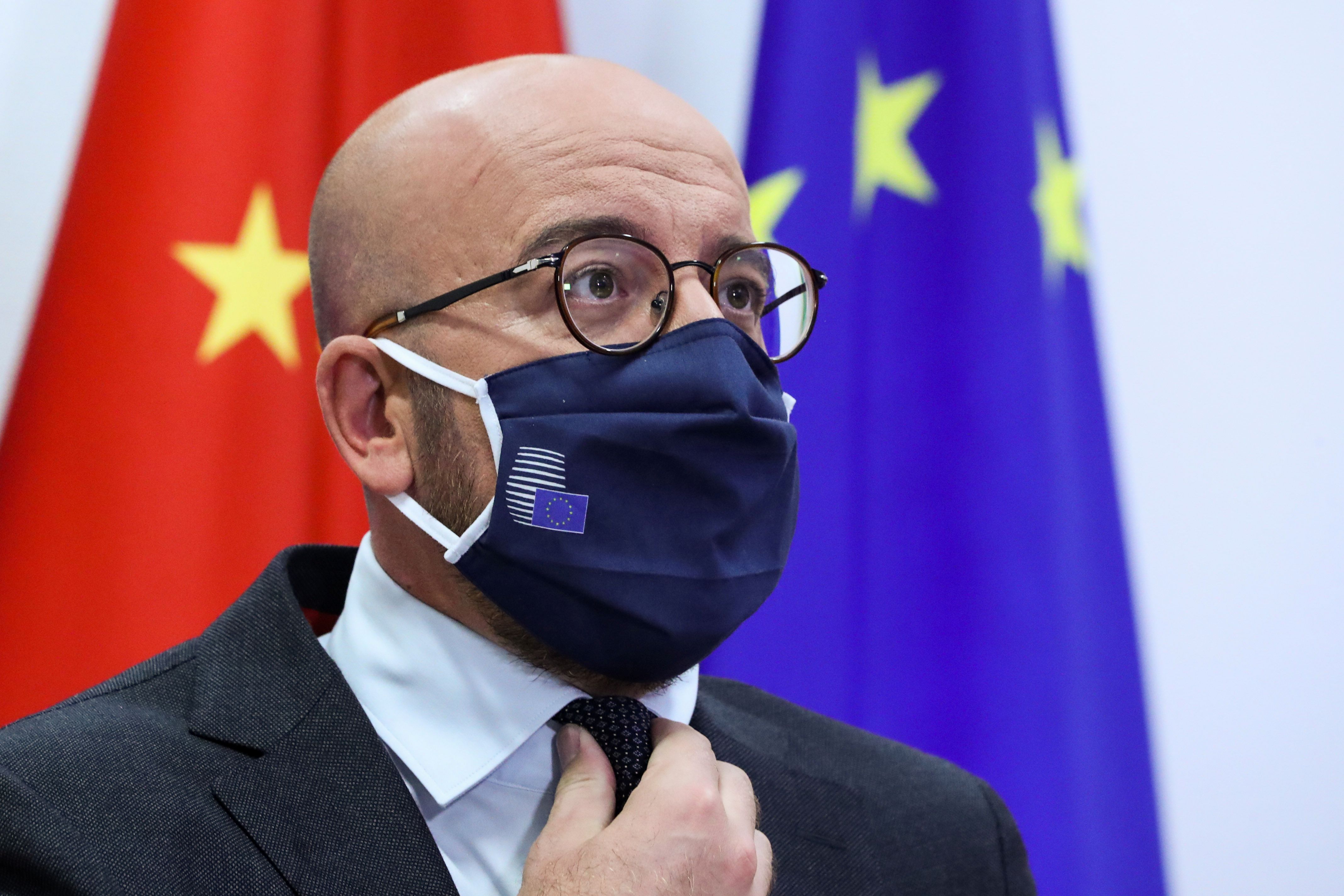Modest Progress after Special EU-China Leaders’ Meeting

What was the context of the meeting?
In recent weeks, China launched an unsuccessful diplomatic offensive in Europe. The aims were to improve relations with the EU, undermined by China’s policy during the pandemic, and prevent EU-U.S. cooperation against China. This was the reason for the visits of Chinese Minister of Foreign Affairs Wang Yi (25 August to 1 September 1) to Italy, the Netherlands, Norway, France, and Germany, and State Councillor Yang Jiechi (3–4 September) to Spain and Greece. However, Wang’s controversial statements, such as threatening Czechia with consequences of the Czech Senate president’s visit to Taiwan, and the solidarity of European leaders with Czechia and Hong Kong did not help EU-Chinese relations or China’s image in Europe. Additionally, the head of the EEAS, Josep Borrell, called China a new expansive and authoritarian empire. During the first EU-China Digital Dialogue on 10 September, the EU side did not start talks on the China-led anti-U.S. initiative on global data security.
Why was an additional meeting held?
After the lack of progress because of the Chinese positions, which was noticeable at the summit in June, the EU wanted to manifest consensus among the Member States on hardening policy towards China. The aim was to persuade China to implement its commitments from last year’s summit. The EU is committed to progress on the investment agreement negotiations and China’s acceptance of its commitments, along with a timetable for reducing emissions and achieving climate neutrality. The EU also wanted to emphasise its principled stance on normative issues, opposing the limitation of Hong Kong’s autonomy, threats to Taiwan, and human rights violations, for example in Xinjiang. China treated the call for the meeting as evidence of the EU’s interest in cooperation and thus the failure of the U.S. pressure on Europe. The meeting took place on the day of the planned, but postponed, summit of 27 EU countries and China, which was to be held in Leipzig on Germany’s initiative.
What has the EU achieved and on what issues has progress been made?
The EU has shown consistency in implementing tougher policy towards China. This was evidenced both by Michel’s statements that the EU is a player in relations with China, not a playing field, and by the open opposition to the limitation of Hong Kong’s autonomy, China’s actions in the South China Sea, and human rights violations in Xinjiang and Tibet. The participation of Xi himself, as the highest-ranking Chinese representative and sole decision maker (usually at such meetings China is represented by the prime minister), was considered a good signal. A little progress (though no details were presented) was signalled on the investment agreement in terms of state-owned enterprises, technology transfers, and subsidies. A high-level climate dialogue was also established. In normative matters, China agreed to talks regarding the visits of observers, for example, to Tibet. The only measurable success accompanying the meeting was the signing of a previously negotiated agreement on geographical indications.
On which issues has there been no progress?
Contrary to the efforts of the EU, and especially Chancellor Merkel, China has neither presented its commitments or a timetable for reducing emissions (the EU pushed for reaching peak emissions by 2025), nor the goal of achieving climate neutrality by 2060. The continuation of talks were only announced with respect to digital issues, but without specific commitments. China once again questioned the universal nature of human rights and the rule of law—in the Chinese opinion the EU also has problems in these areas. On Hong Kong and Xinjiang, Xi indirectly suggested EU meddling in China’s internal affairs. On the investment agreement, no progress was made in removing barriers to the Chinese market and in sustainable development. A similar situation applies to Chinese overcapacity, both in traditional sectors such as steel or aluminium, and in high tech.
What next in EU-China relations?
The EU will demand China take substantial action to persuade the Union to conclude the investment agreement. Despite Chinese announcements about accelerating the talks, they do not have to be finalised this year. The Union is committed to the substance of specific arrangements that increase market access, not to the timing of the deal’s conclusion. The EU will also introduce new instruments to protect its market. To maintain the EU consensus on China, better coordination among EU institutions and the Member States can be expected (e.g., consultations and more consideration than previously of Member State interests in relations with the PRC). China will possibly make concessions, but only on economic, not normative issues, depending on its assessment of the prospects of relations with the U.S. During the meeting, it was agreed that there will be an in-person EU-China summit as soon as possible in the formula proposed by Germany, which means representatives of the 27 Member States and the PRC. Most likely it will take place in Brussels next year. Xi has already been invited to this meeting.


